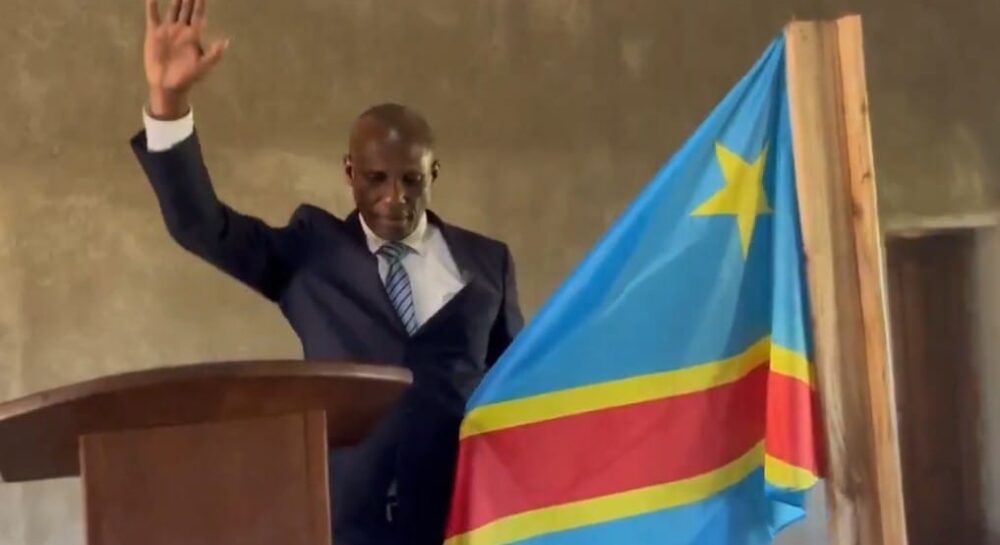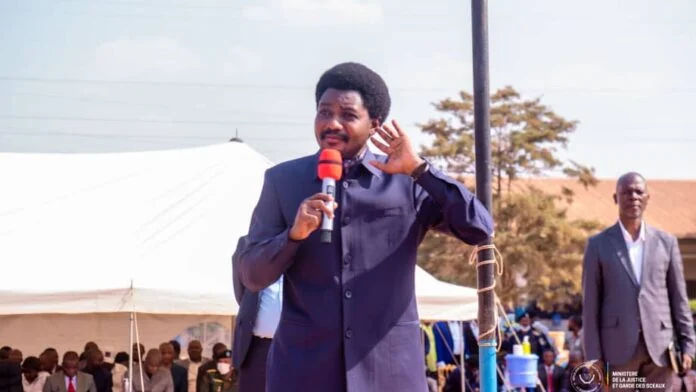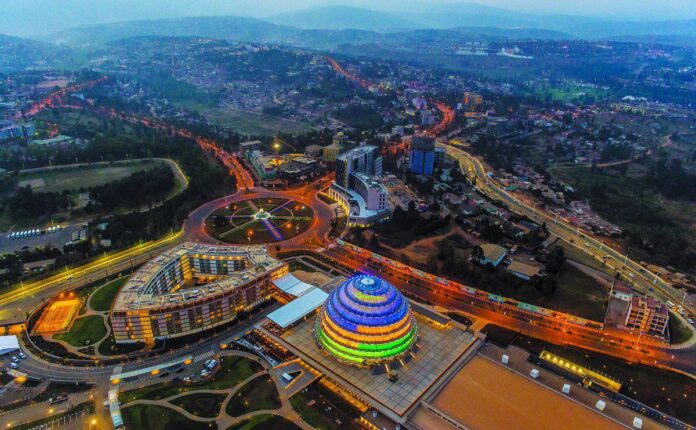In a bold and symbolic move, Gad Mukiza, the newly appointed Vice Governor of South Kivu Province, took his oath of office not from Bukavu, the provincial capital, but from the remote and often embattled highlands of Minembwe. The decision, loaded with political meaning, comes at a time when the eastern Democratic Republic of Congo is facing escalating instability fuelled by the resurgence of the M23 movement in neighbouring North Kivu.
Note: Company, Blog, Church websites are free.
Choosing Minembwe as the venue was not incidental, it was intentional, strategic, and deeply symbolic.
“Minembwe is more than just a place, it is the soul of a strong and determined people who have stood firm through every challenge. From its courageous sons and daughters shines a spirit of deep patriotism and unwavering hope in the future of our nation. Minembwe will never be forgotten.”
These words, echoing from the hills of a region too often seen through the lens of conflict and controversy, defined the tone of Mukiza’s swearing-in. In a country where political ceremonies rarely leave urban centers, this move signals a recommitment to marginalized communities, asserting that the state must be visible not only where it is safe, but where it is most needed.
Mukiza assumes his new role at a particularly volatile time. The M23 insurgency, widely believed to receive external support, continues to destabilize the Kivu provinces. The resulting humanitarian crisis, displacements, and mistrust in state institutions have left regional leadership under immense pressure.
As Vice Governor, Mukiza’s duties extend beyond administration and legal oversight; they now include rebuilding the state’s credibility in areas where its absence has been felt most painfully. His leadership will be judged not just by policies, but by his presence, empathy, and ability to engage with communities that have long been excluded from national decision-making.
Minembwe is more than a location , it is a microcosm of the DRC’s deepest questions: Who belongs? Who governs? And whose voice is heard? Long a point of tension in debates around land, ethnicity, and decentralization, the region has become a touchstone for wider national conflicts.
By taking office there, Mukiza is staking a claim for unity through inclusion. His message is clear: every corner of Congo matters. This gesture also redefines the meaning of power, not as something exercised from afar, but as something earned through engagement, visibility, and shared suffering.
Still, the move carries risk. It may reignite ethnic sensitivities or be interpreted as a political statement in an already polarized environment. But it also holds the potential to rebuild trust, if followed by concrete, inclusive action.
For international observers, Mukiza’s swearing-in in Minembwe offers a glimpse of a possible future, where leadership adapts to the realities of fragmented sovereignty by meeting people where they are, rather than expecting them to come to the state.
Will the new Vice Governor succeed in turning Minembwe’s pain into policy? Can he inspire a new era of grassroots legitimacy and state restoration in the east?
One thing is certain: Minembwe is no longer silent, and in its voice echoes both the wounds and the resilience of a nation still searching for its balance.



